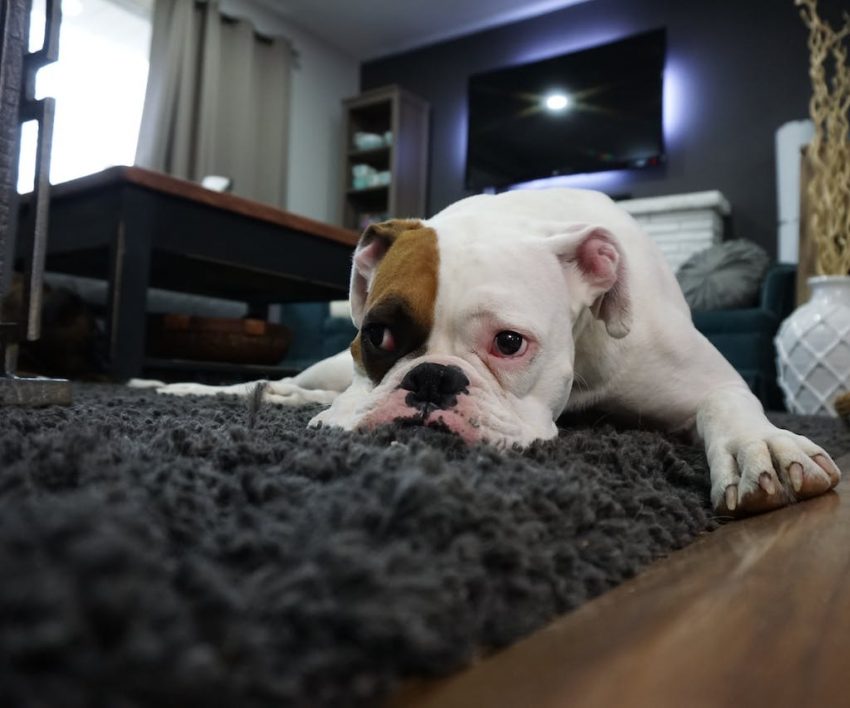
As humans, we know the feeling of being constipated. The struggle to relieve yourself can be a literal pain. Dogs can go through the same pain, so it is important that we take care of their tummies too.
According to Wedgewood Pharmacy – an American pharmacy devoted exclusively to animal health – occasional, mild constipation is not uncommon for dogs. To detect if your furry friend is constipated, be aware of the following symptoms:
- Infrequent bowel movements
- Straining
- Hard stools
- Vocalisation
- Loss of or reduced appetite
- Scooting
- Vomiting
- Other signs of discomfort
Below are a few home remedies to consider to help your dog relieve themselves.
Increase your dog’s fibre intake
PetMD, the online authority for all things pet health, notes that adding fibre to your dog’s diet can at times be complicated: it can help some cases of constipation but worsen others. It is best to start with a small amount and monitor how your dog responds. Wedgewood Pharmacy also states that you should carefully read the label of your dog’s food and choose one with appropriate fibre content.
Make sure your dog is hydrated
An inexpensive and easy way to prevent your dog from getting constipated is to make sure that they have constant access to fresh water, says the above-mentioned American pharmacy. You can also add broth or canned wet food to your dog’s dry food.
Go for more walks
Consider taking your well-hydrated dog for a walk, as exercise promotes normal movement within the gastrointestinal tract. Short, frequent walks can also stimulate the movement of faeces. PetMD adds, “The exercise combined with the smells of other dogs that have ‘used’ the area previously might just do the trick for your constipated dog.”
Use coconut oil or olive oil
As coconut oil is a natural stool softener and gentle laxative, it can come in handy for your constipated dog. Mix about a teaspoon of coconut oil into your dog’s food, explains Wedgewood Pharmacy. You can also add a small amount of olive oil to your dog’s food. The pharmacy also states, “The amount depends on the size and weight of your dog. Start with a small amount and increase it in increments until you see an effect. Caution: Too much olive oil causes diarrhoea, which is a whole other set of problems.”
“If your dog has not had a bowel movement in 48 hours, contact your veterinarian. Prolonged constipation can be a sign of a blockage (obstipation) or another underlying disease,” notes Wedgewood Pharmacy.
Also see: Food you should never feed your dog




